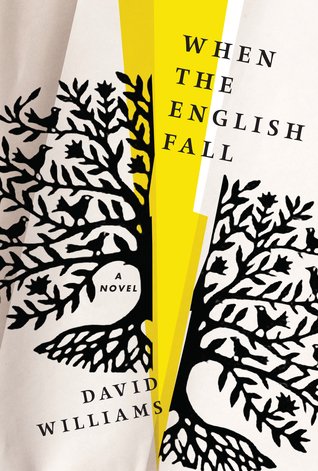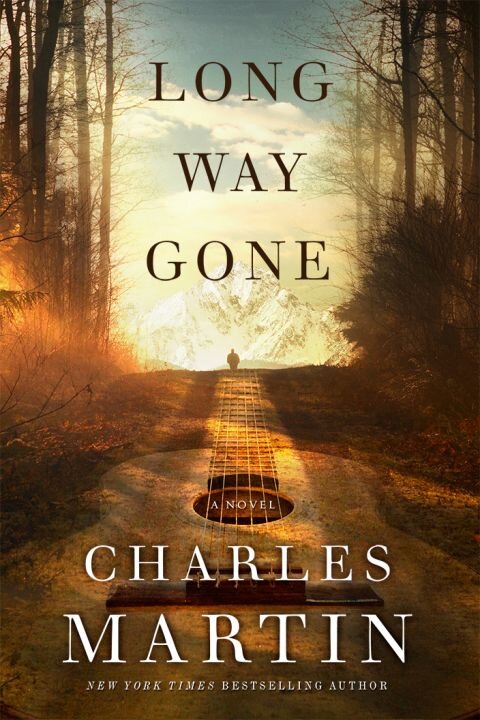Kristin Hannah is rapidly rising on my list of favorite authors. The Four Winds was another masterpiece, just like The Great Alone. (Although I still liked The Great Alone more and even though she wrote The Nightingale that I didn’t like.)
My sister-in-law (who is my primary book dealer) dropped it off without a dust jacket so I literally had NO idea what I was reading. I opened the book at 9:11 and thought, “Let’s see what this is about,” and the next time I looked up it was 12:04 am.
If you want more proof that her writing is compelling, the story itself is actually sad — even slow-moving at the beginning — but that’s not what you’re here for. It isn’t about action and a sweeping fast pace… it’s getting to know these characters. And there is MUCH character to be known.
Unmarriagely six-foot-tall Elsa gets pregnant and disowned by her family. The barely 18-yo (who marries her at 25 to “do the right thing”) means well, but it is his parents, particularly his mother, who are instrumental in shaping Elsa’s life. The book’s quick prologue comes back in a surprising way as a speech later in the book, a very lyrical glimpse into the life of women at a transformational point of history. The family farm is dead, the animals are literally dying, the topsoil is disappearing in horrifically electrical windstorms, no one can breathe, everyone is foreclosing, and there’s no way out. You can’t walk in the desert and you can’t get gas to drive without money, and you can’t get money without crops, water, food…
I learned that I knew very little of the Dust Bowl, with most of my reading of the 20s/30s centered on cities with mention of suffering farmers in the Midwest. Wow. I obviously need to read The Grapes of Wrath. The storms, the government’s lack of response, the shocking classism/regionalism/refugee-ism (you can’t say racism in this context so blend those pieces together and you’ll get my concept)… the pieces all work together to really make you feel for the family. I appreciated that, while the son is a plot device to make the reader sense death is always moments away, mother-daughter conflict is a central focus.
Learning to accept yourself instead of basing your self-image on other people’s opinions is strongly emphasized as well. There’s a great deal of self-discovery plus blossoming inner strength. The story is compelling and believable.
A few warnings: part of the protag’s self-image centers on her parents always telling her she’s weak and unattractive, so her relationships with men are focused on at certain points. There are (very mild) descriptions of a few sexual encounters.










